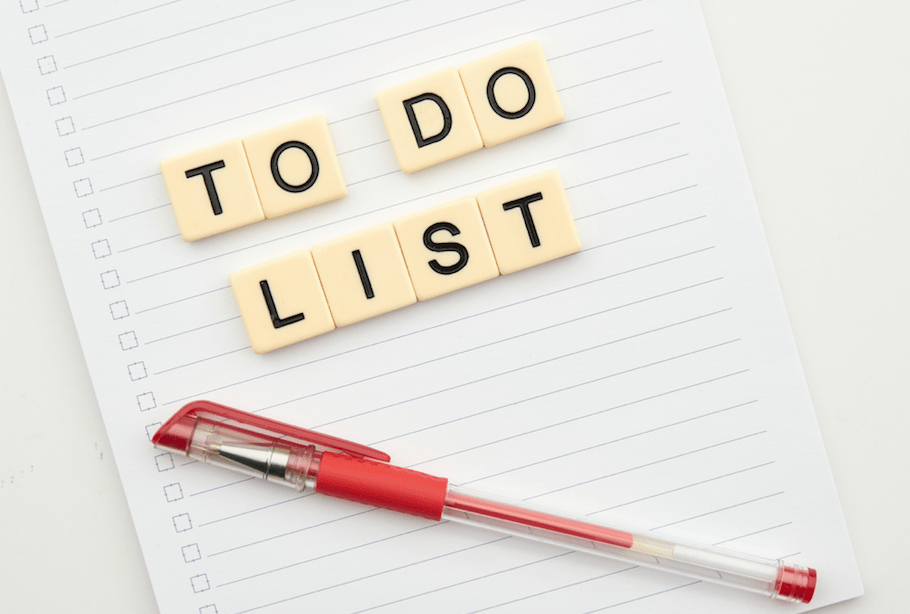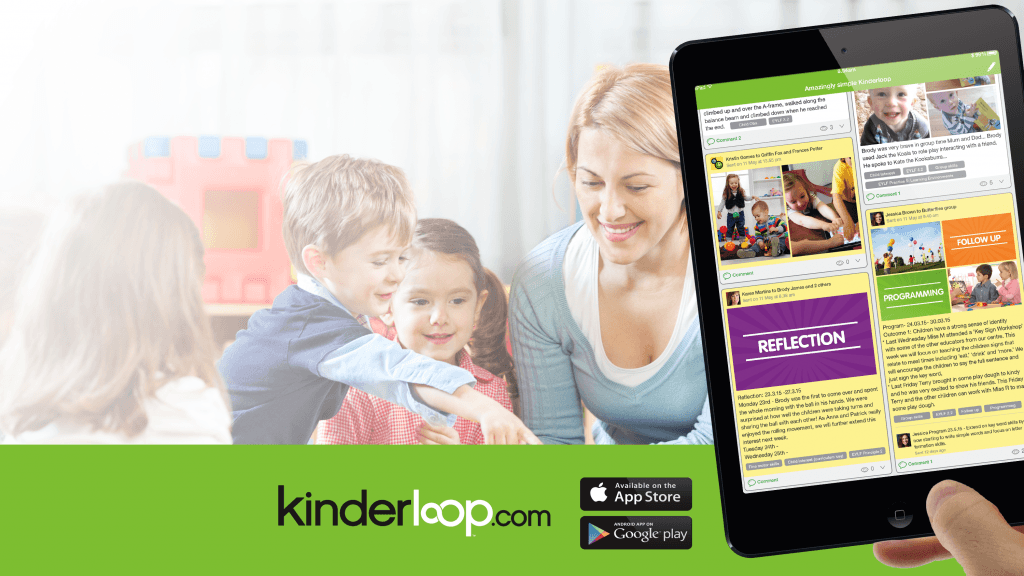Getting Organised for the Year Ahead with Kinderloop
At the start of the new year, many educators are welcoming new children into their classroom environment. You may have read our handy blog – Helping children and families settle into a new environment, offering some tips to ease the uncertainties accompanied by these big transitions. But it is not just the children that are […]

